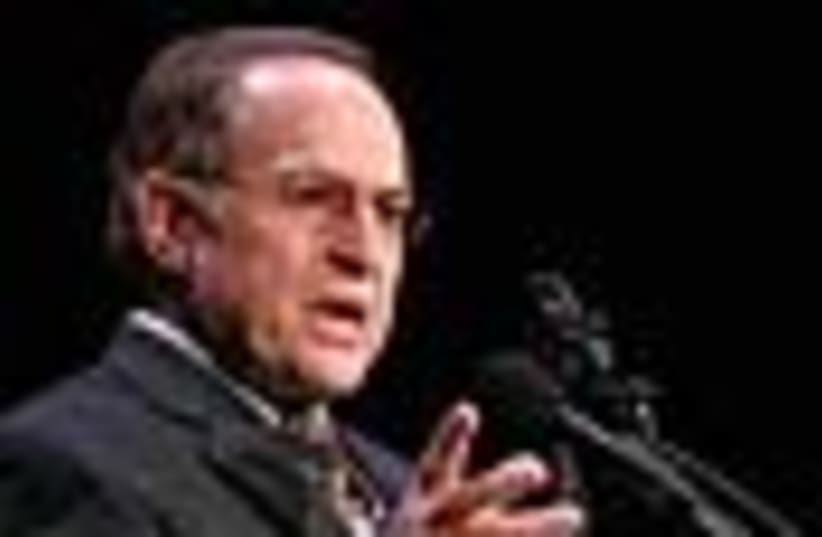| More about: | Bill Clinton, Noam Chomsky, Yasser Arafat, Anwar El Sadat |
Dershowitz and Chomsky battle it out
The noted academics offer vastly different views on Arab-Israeli conflict during Harvard debate.


| More about: | Bill Clinton, Noam Chomsky, Yasser Arafat, Anwar El Sadat |